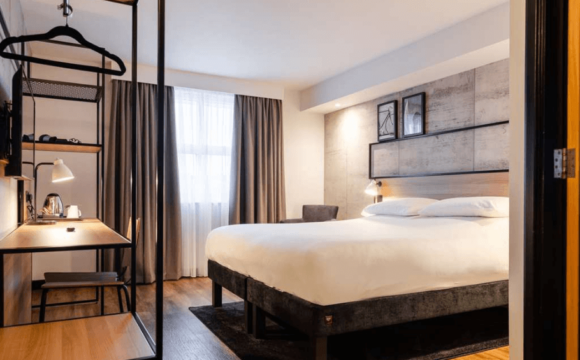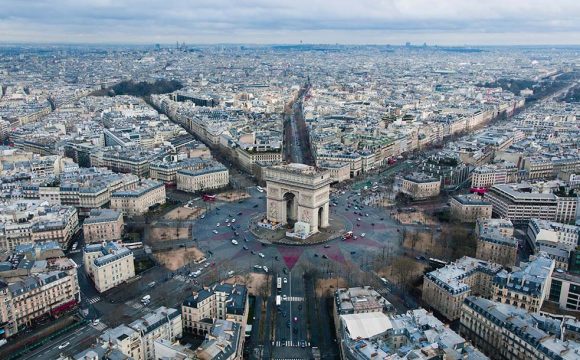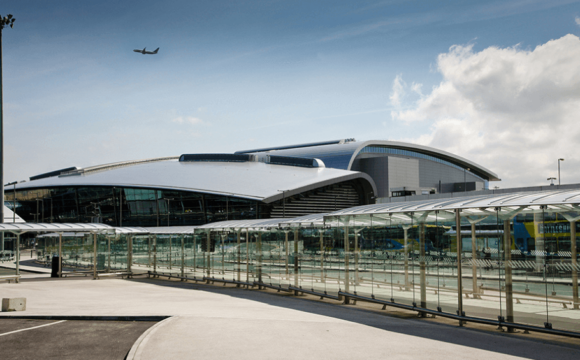Al Hosn is Abu Dhabi city’s original urban block, comprising four interrelated components: the historic Qasr Al Hosn Fort, the National Consultative Council building, the Cultural Foundation, and the House of Artisans. The official launch will be a celebration of the emirate’s rich history and culture, with a week of public events and programmes to mark the occasion.
HE Mohamed Khalifa Al Mubarak, Chairman of Department of Culture and Tourism – Abu Dhabi said: “Qasr Al Hosn embodies the heritage of Abu Dhabi, and is a poignant witness to the historic and fundamental milestones in the development of our country. At the Department of Culture and Tourism – Abu Dhabi, we are proud to re-introduce this cultural monument after it has been preserved, restored and renovated to become part of Al Hosn, an unparalleled cultural destination in the heart of the city.”
The opening of Al Hosn adds a unique destination to Abu Dhabi’s range of cultural and historical offerings, preserving the emirate’s history for future generations and developing an attractive cultural destination combining history, heritage and contemporary art experiences to inspire all visitors to Abu Dhabi.
The Al Hosn site comprises:
- Qasr Al Hosn – the oldest and most significant heritage site in Abu Dhabi city, encompassing two iconic buildings: The Inner Fort, which was built around 1795, to protect the settlement of Abu Dhabi established on the island in the 1760s, and the Outer Palace, built in the 1940s. A witness to Abu Dhabi’s vibrant history, over the past two centuries, it has previously been home to the ruling family, the seat of government, the consultative council and the national archives. Following several years of rigorous and ambitious conservation works, Qasr Al Hosn now traces the city’s development from a settlement reliant on fishing and pearling in the 18th Century, to a modern, global metropolis. Films, interactive displays and oral histories bring the fort’s stories to life, together with original artefacts and treasures from the past.
- The Cultural Foundation – the Cultural Foundation acts as a convener of artists and creatives with its role to nurture the cultural scene in the UAE. The Cultural Foundation will host a diverse programme of events and exhibitions in its new Visual Arts Centre, with additional exhibition hall space, a 900-seat theatre and the first Children’s Library of its kind (the latter two will open in 2019).
- House of Artisans – the House of Artisans is an initiative dedicated to the safeguarding and promotion of the UAE’s intangible heritage. Exhibitions, workshops and training courses focusing on traditional Emirati handicrafts such as Al-Sadu (weaving), Khoos (palm frond braiding) and Talli (embroidery) will enable the all-important transmission of knowledge and skills around these crafts, ensuring their future survival.
- National Consultative Council – visitors may also visit the historic National Consultative Council building which was the site of the early discussions and negotiations on the unification of the emirates.
Al Hosn will open Saturday to Thursday, 9am to 7pm, and Friday 12pm to 10pm. Entry to House of Artisans, Cultural Foundation, and the landscape is complimentary, excluding Qasr Al Hosn, special workshops and events.
Tickets for the Qasr Al Hosn permanent exhibition are AED 30 (approx. £6). For pricing on ticketed workshops and events, please visit alhosn.ae.
















